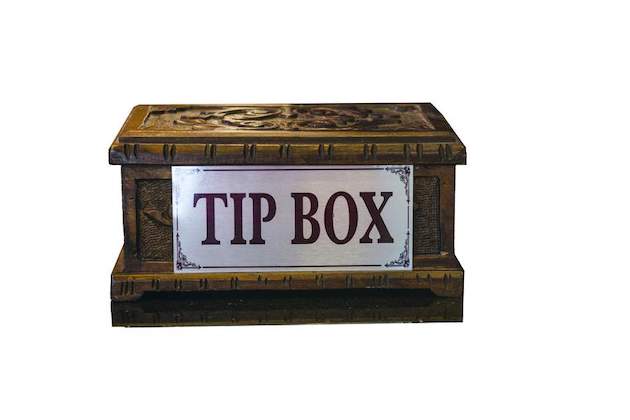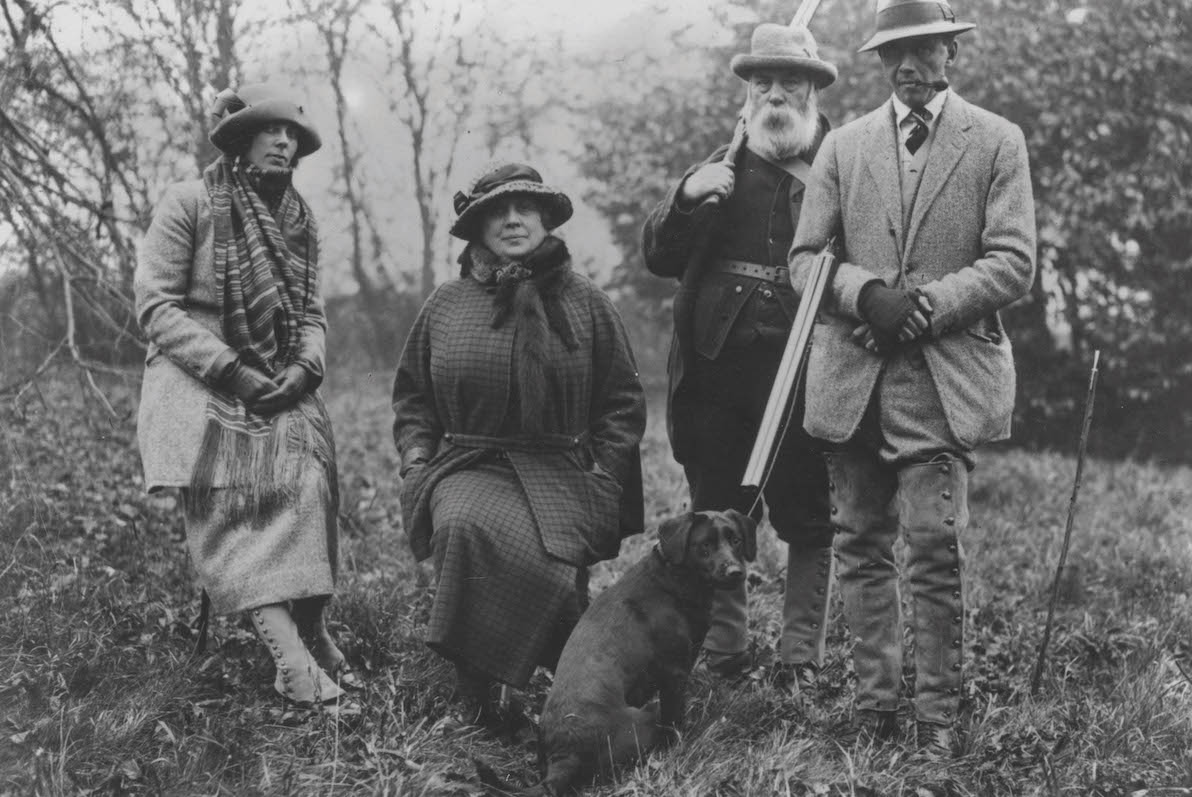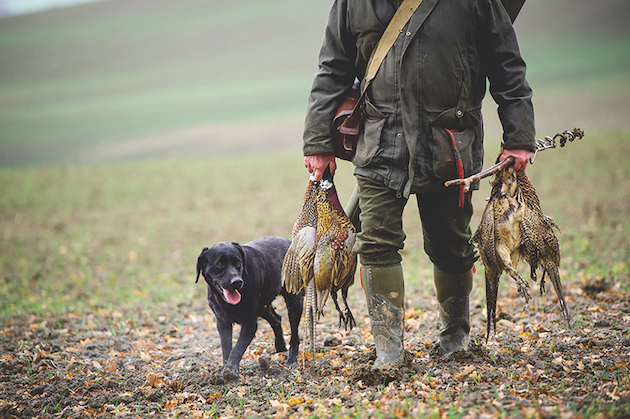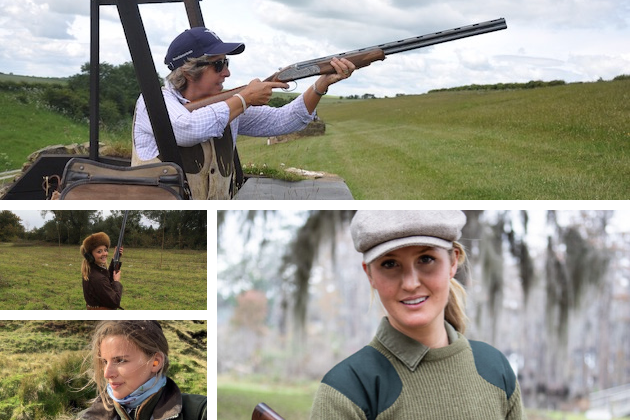How well do you tip a keeper after a shoot?
Giles Catchpole offers some thoughts

I was asked the other day how much I tipped the keeper after a day’s shooting. I was somewhat taken aback, to be honest, because what I tip people — especially keepers and, for that matter, gillies, boatmen and stalkers — is something I consider private and not for discussion with others. (Read what you need to know about tipping on a shoot.)
But it did set me thinking. Not least when I was told that the reason I had been asked was because a team of Guns on a let-day had been informed that they would not be allowed back unless they upped the level of their tips.
The whole tipping thing seems somewhat anachronistic to me. I appreciate that fieldsports in general are the realisation of a somewhat blurred Edwardian fantasy, one in which we get to dress up like a lot of tweedy nabobs for several days a year, and I recognise that pressing a sovereign or two into the occasional outstretched palm is part of that. But is it still relevant? (Read when tipping on a shoot equalled two weeks’ wages.)
I have long had misgivings about matching the size of a tip to the number of birds in the larder at the end of the day. There are some estates that bring in large numbers of birds, then release them in the summer to be shot on several days each week throughout the season. These places seem to benefit disproportionately from the school of tipping that adds a bonus for every extra hundred birds after the first.
Single-handed
What about the single-handed keeper who diligently protects a wild stock of birds to provide a few days a season? Someone like that may seldom make three figures. Should we not also distinguish between grouse keepers and pheasant preservers? (A gamekeeper’s respect – how to earn it as a Gun.)
Would you differentiate between released French partridges in abundance and three drives of wild English coveys? (Answers on a postcard, please.) Shouldn’t keepers be properly rewarded for their efforts anyway, and not have to rely on tips from Guns to top up their pay packet?
One consideration — not insignificant, in my view — is that if handfuls of notes at the end of the day are a necessary part of the keeper’s income then they are subject to the predations of HMRC, and if not properly accounted for it makes us all, givers and receivers both, part of the ‘black economy’ that does none of us any good.
My initial response to the issue of a team of Guns being blackballed for being insufficiently generous with their tips was to ask two questions: what they had tipped in the first place, and what extra amount did the estate in question consider to be an adequate sum?
Neither side, apparently, was prepared to be forthcoming with specific numbers, which takes the whole exercise in what can only be an increasingly rancorous circle that benefits nobody.
Appreciation
These days, when shooting I tend to gift things here and there as I go. The beaters will get a tub of sweets or a bottle of port. The cook is given a box of chocolates. Hosts receive bottles of this and that, as do keepers, gillies and stalkers, in addition to whatever I dole out as a gesture of my appreciation for their efforts.
I helped a fellow motorcyclist out quite recently — he was a stranger, but we bikers have a code. He offered me money, which I waved away, of course, because bikers are not mercenaries.
Then he pulled from his wallet three Lottery tickets. “Take one,” he said, “it could be your lucky day.”
I did and it wasn’t, but it occurred to me that a few ‘set for life’ vouchers could be a good way around the tipping conundrum. A proper gesture of appreciation with potentially life-changing benefits — and, of course, entirely tax-free.








